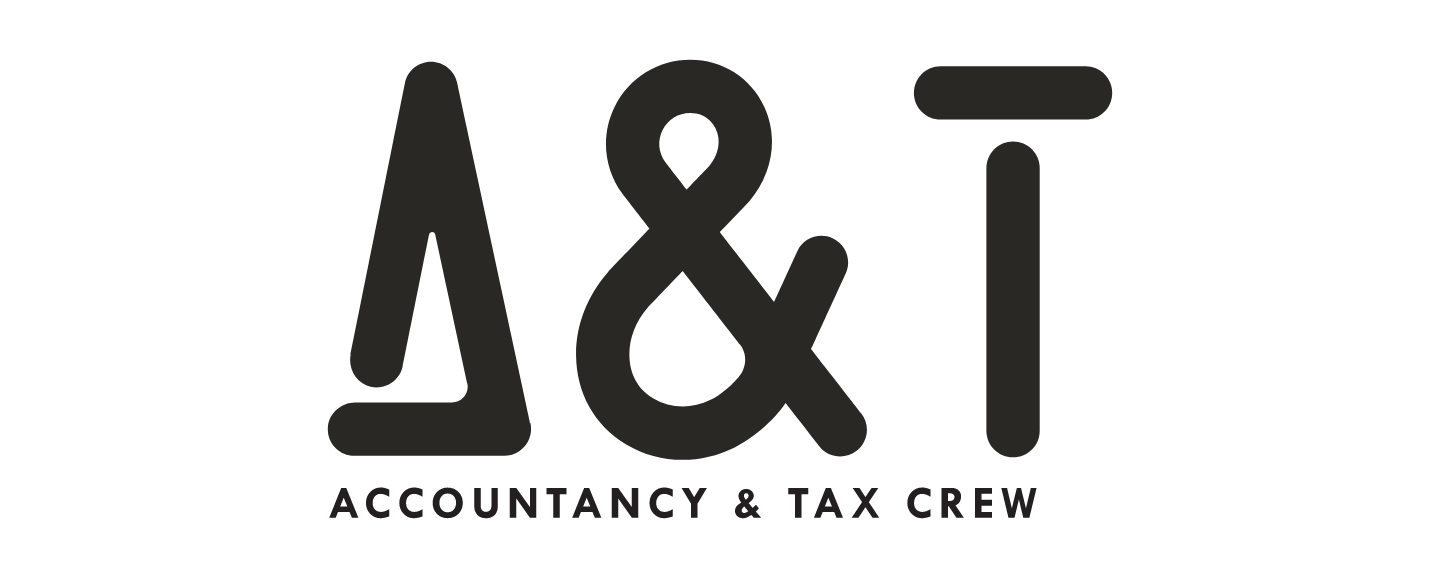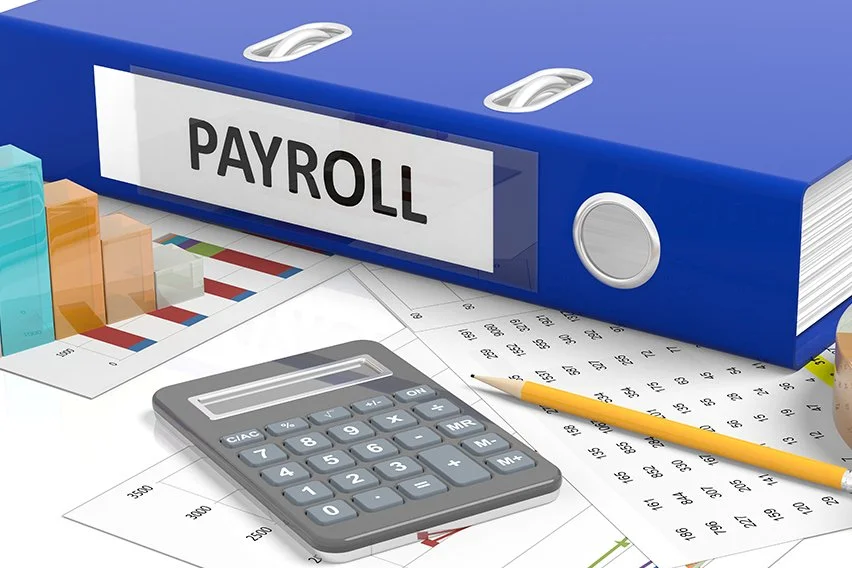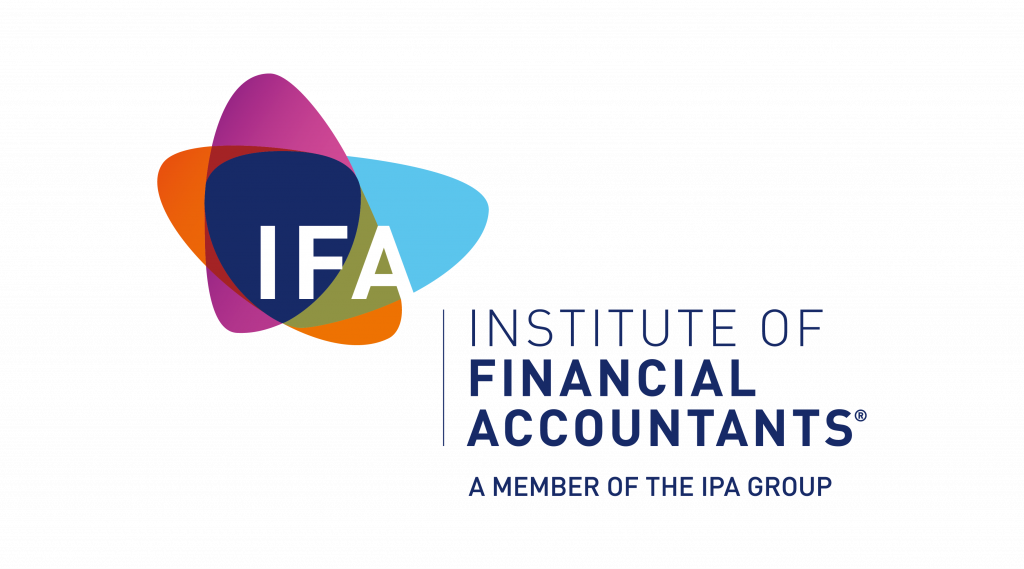The AT Crew
Your Tax Accountant FAQs
A: As a leading Tax and Accountancy practice, we offer a comprehensive range of services. Check out the list below. Among our services are included tax preparation, tax planning, bookkeeping, payroll, financial statement preparation, business consulting, and general financial advice.
A: Clients include individuals, small and medium-sized businesses, partnerships, corporations, trusts, and non-profit organisations.
A: Tax planning involves a comprehensive review of a client's financial situation to develop strategies to minimise their tax liability, ensure compliance with tax laws, and plan for future financial goals.
A: In the UK, the deadlines for filing tax returns depend on how you choose to file them. If you file your tax return online, the deadline is usually January 31st, following the end of the tax year.
If you choose to file your tax return on paper, the deadline is earlier, usually October 31st, following the end of the tax year. However, HM Revenue and Customs (HMRC) has been encouraging taxpayers to file their returns online, so paper returns are becoming less common.
It's worth noting that if you miss the deadline for filing your tax return, you may face penalties and interest charges. So it's important to make sure you file on time or request an extension if you need one.
A: Yes, tax professionals can represent clients before tax authorities, such as HMRC, for audits, collections, and appeals.
A: Bookkeeping involves recording financial transactions, while accounting involves interpreting, classifying, analysing, and summarising financial data to provide insights and support decision-making.
A: An extension is a request for additional time to file a tax return. To request an extension, you typically need to file the appropriate form with the tax authority before the original filing deadline.
A: Yes, keeping receipts for your business expenses is crucial for substantiating deductions and ensuring accurate record-keeping for tax purposes.
A: You should keep tax records for at least seven years, as this is the period during which the IRS can audit your return for most issues.
A: Outsourcing accounting and tax services can save time, reduce errors, ensure compliance with tax laws, provide access to expert advice, and allow you to focus on growing your business.











